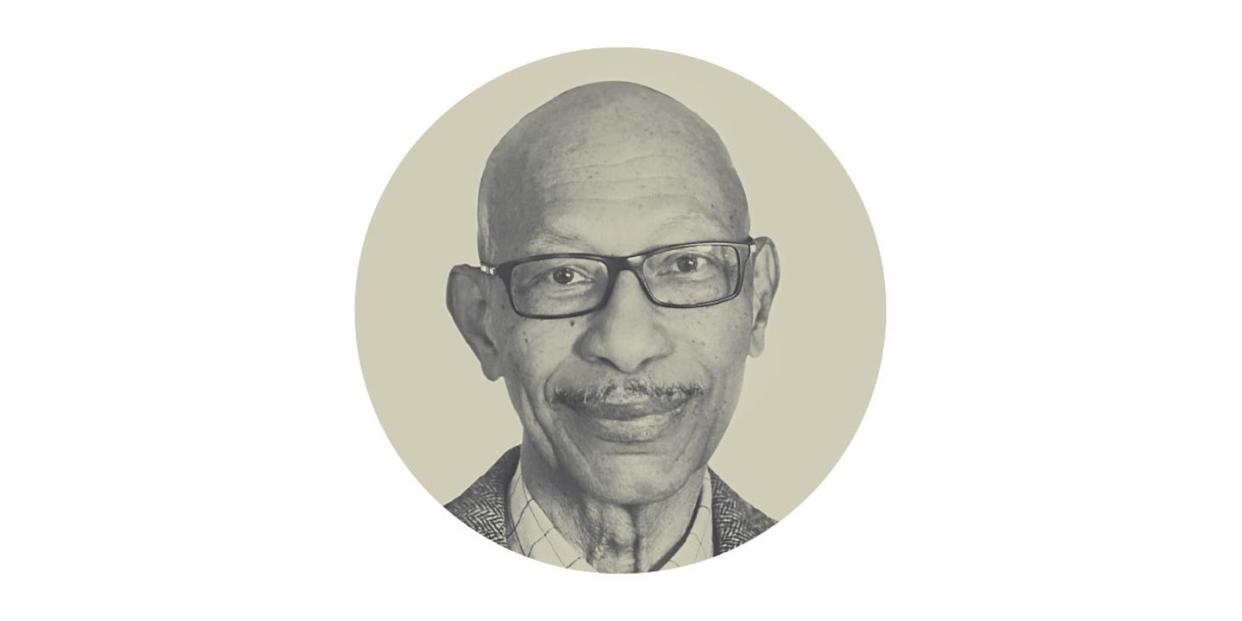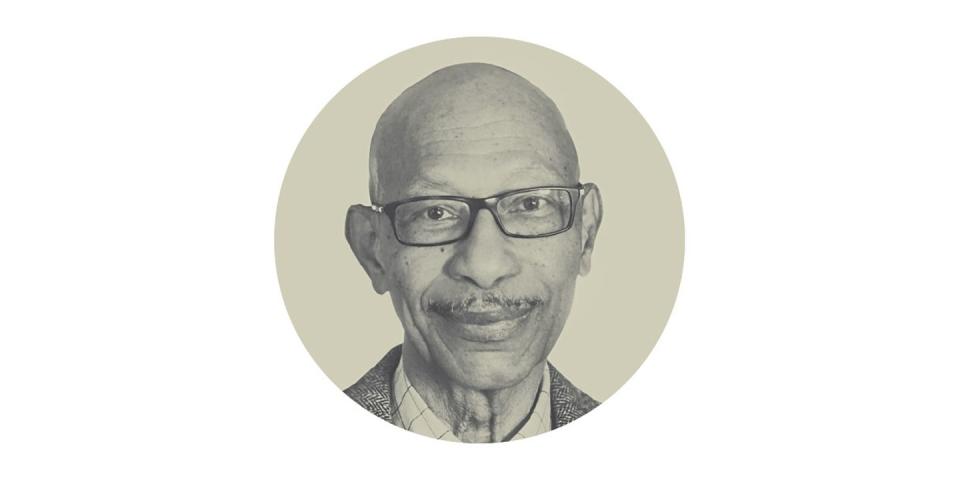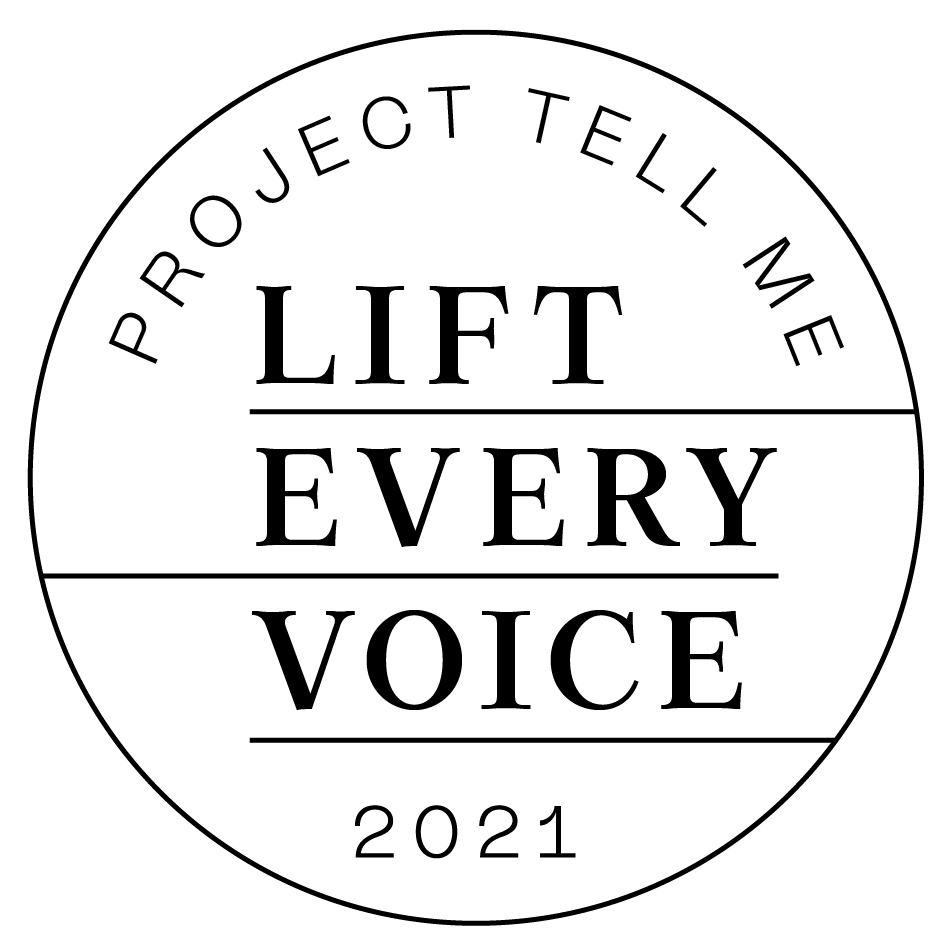Otis Johnson, 79, Doesn't Take Much Pleasure in Having Been Savannah's First Black Mayor

- Oops!Something went wrong.Please try again later.
Interview by Danae Bucci

This article was originally published with Hearst Television. Click here to see the video.
Societal changes in the United States have grown exponentially over the last several decades. From the end of slavery to the civil rights movement and the inauguration of the first Black president, Black people like former Savannah, Georgia, Mayor Otis Johnson have had a front-row seat to history.
Mayor Johnson was born in 1949, while government-mandated segregation was still the status quo as he graduated from Beach High School. The effects of that followed him off of the school grounds.
“We would go down to Broughton Street, which was the main shopping district, and we couldn’t eat at any of the restaurants down there,” he said in an interview with station WJCL.
His comfort zone rested within his community, where people looked, talked, and thought like him.
“When we went outside of our bubble and got into the, ‘white community,’ then there was always this tension of not knowing what to expect,” he said. “And wanting to get back into the bubble as quickly as possible.”
Even though he was secluded in a parallel world where he and likely many others were comfortable, he knew the fight for equality was important.
“I always had powerful influences—is when we started breaking down segregation, that we begin to see opportunities to be first,” the two-term mayor said. “And we have worked that ‘first’ thing to death.”
The latest of those firsts being Vice President Kamala Harris, the first female, Black, and Indian-American Vice President in the nation’s history. A feat thought to be impossible for several reasons not that long ago.
“I never thought I would see a Black president in my lifetime,” he said when asked about the election of President Barack Obama. “I didn’t believe in my early years, that I would live to see that. And to live to see him reelected. And to see him now in a place of honor. It’s just, just so rewarding.”
With all these firsts, it can give the illusion of outright equality, which Johnson says isn’t necessarily correct.
“Blacks are more likely to die earlier, from preventable conditions, because they can’t access affordable health care. We’re more likely not to be college graduates, or graduates of technical schools that allow us to plant our feet in the economic sector, where we can earn a decent living, and accumulate wealth,” he said.
“So, yes, we have these one-offs all the time. I’ve been a lot of one-offs. But I don’t take any great pleasure in being the ‘first’ or the ‘only,’ because I look around and I see my people. And the condition of the collective is not what it ought to be. And until the condition of the collective is what it ought to be, I will never be satisfied with just being the one-off.”
Turn Inspiration to Action
Consider donating to the National Association of Black Journalists. You can direct your dollars to scholarships and fellowships that support the educational and professional development of aspiring young journalists.
Support The National Caucus & Center on Black Aging. Dedicated to improving the quality of life of older African Americans, NCCBA's educational programs arm them with the tools they need to advocate for themselves.
This story was created as part of Lift Every Voice, in partnership with Lexus. Lift Every Voice records the wisdom and life experiences of the oldest generation of Black Americans by connecting them with a new generation of Black journalists. The oral history series is running across Hearst magazine, newspaper, and television websites around Juneteenth 2021. Go to oprahdaily.com/lifteveryvoice for the complete portfolio.

You Might Also Like

